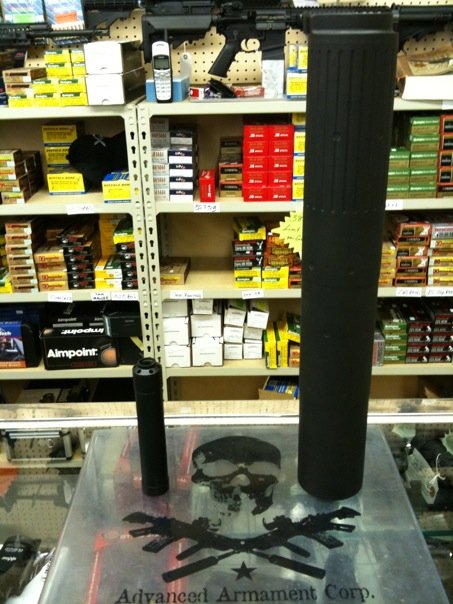Many of you have asked your estate-planning lawyer about Gun Trusts and have not been able to find anyone who knows about them. This is not hard to believe because other than some materials I have produced or talked to others about there is no text book on gun trusts.
We work with lawyers in every state to help them prepare gun trusts for clients in their state while providing them a resource for the knowledge and information necessary to understand the ownership, transfer and possession of firearms.
In 2006, I recognized the need to create a Trust for NFA and regular firearms. It was at that time, that I created the Gun Trust. A Gun Trust is based on the traditional concepts of estate planning. Traditional trusts deal with all types of assets that are primarily financially based, but a Gun Trust only deals with firearms. They are not meant to circumvent federal or state laws, as many would have you believe. Trusts were clearly contemplated as owners of firearms by the National Firearms Act. The National Firearms Act (NFA), requires a tax to be paid to own, possess or transfer guns such as machine guns, short barreled rifles and shotguns, silencers or sound suppressors, and AOWs. They are referred to as Title 2 firearms because they are regulated under Title 2 of the 1968 Gun Control Act. Normal firearms are regulated under Title I of the Gun Control Act. Many people mistakenly call them Class 3 weapons, but Class 3 refers to a license or Special Occupational Tax (SOT) that an FFL must obtain prior to buying or selling Title II Firearms.
 NFA Gun Trust Lawyer Blog
NFA Gun Trust Lawyer Blog


 While in most states, it is illegal to hunt with a Silencer, in the following states it is legal to hunt with a silencer. Remember these laws change frequently, so please verify this with your state prior to hunting with a silencer.
While in most states, it is illegal to hunt with a Silencer, in the following states it is legal to hunt with a silencer. Remember these laws change frequently, so please verify this with your state prior to hunting with a silencer.